Publications
Articles, publications, books, tools and multimedia features from the U.S. Institute of Peace provide the latest news, analysis, research findings, practitioner guides and reports, all related to the conflict zones and issues that are at the center of the Institute’s work to prevent and reduce violent conflict.
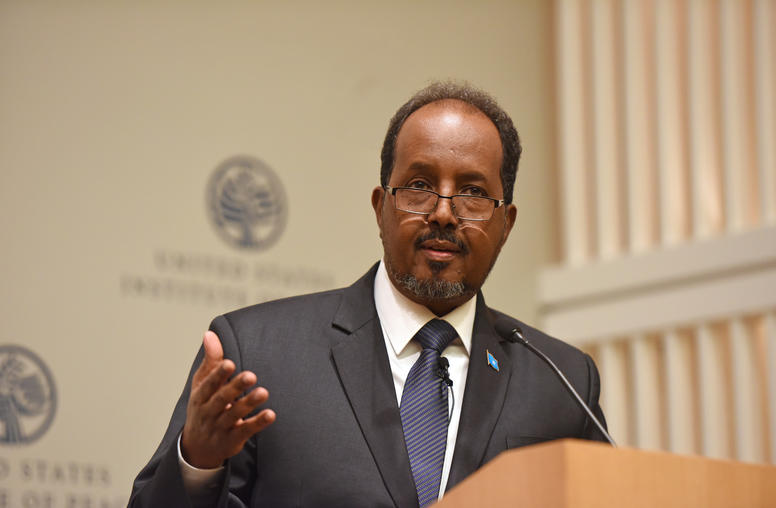
Somalia Seeks Best Possible Elections, More Security Aid
Four years after the formation of a federal government in Somalia, the country has built nascent institutions, but it will need years of financial and security support to make the new state effective, President Hassan Sheikh Mohamud said April 20 at USIP. The country’s next critical step will be to hold national elections before September, a vote that Mohamud said will be less democratic than he and other Somalis had hoped—but an improvement in a country that has not elected any government since 1969.
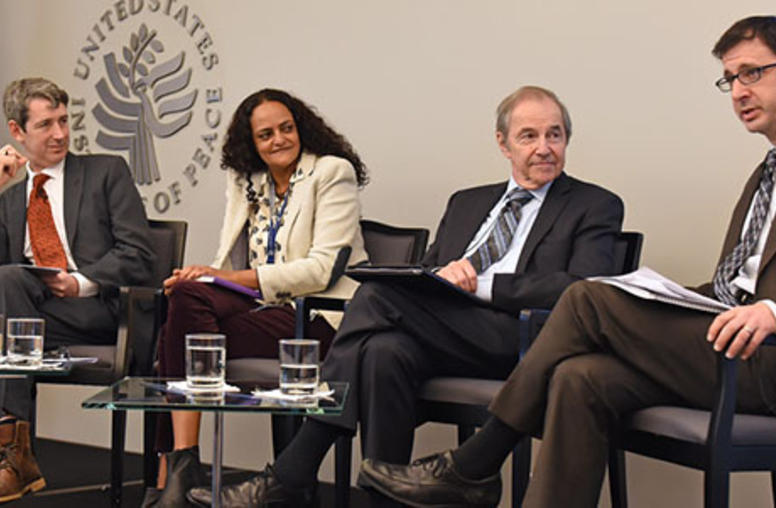
Patronage and Peace in the Horn of Africa
Peacebuilders in the Horn of Africa and across the larger Middle East are likely to get better outcomes with a greater understanding of the region’s “political marketplace,” where loyalties based on financial and economic means seem to create more stability than classic institution-building, according to Alex de Waal, executive director of the World Peace Foundation and a professor at Tufts University. But rather than succumbing to illegitimate patronage, some experts say the answer may lie i...

Music, Poetry, Film: Shoring Up Identities for Peaceful Ends
A Somali master poet reconnects citizens to their government. A Lebanese filmmaker collects fighters' stories to dramatize the cost of war. Police in Northern Ireland adopt symbols of peace to signal a new ethos. In places simmering with long-standing social tensions and alienation, common cultural understandings can help ease hostility, suggesting a potentially powerful role for a mechanism still under-used in peacebuilding: the arts.
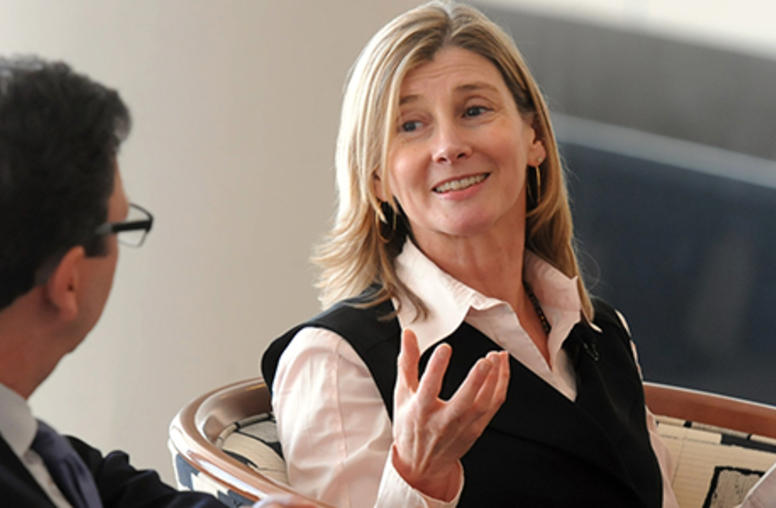
To Prevent and Resolve Violent Conflict, “We Need a Ground Game”
In an increasingly globalized, super-connected world, violent conflict moves faster and less predictably than a generation ago, with less regard for national borders. It combines dangerously with cyber networks, social media, environmental degradation and disease.
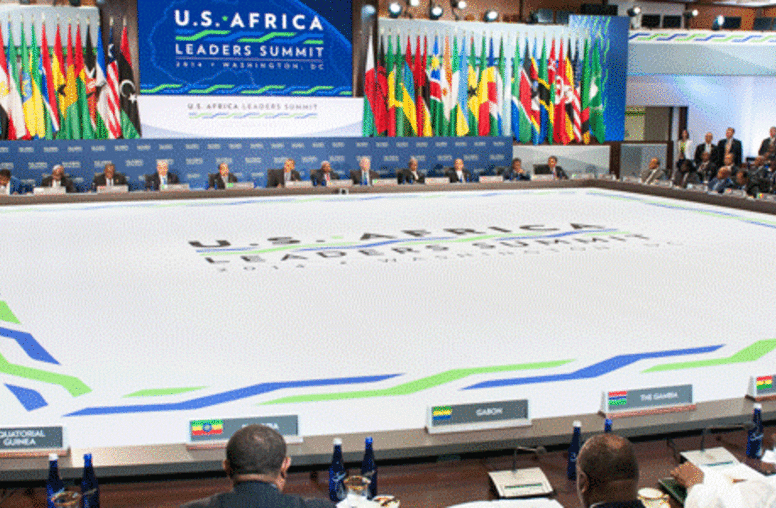
U.S.-Africa Leaders Summit: What Did It Achieve?
Two months after the White House invited 50 heads of state to Washington for the first U.S.-Africa Leaders Summit on Aug. 4-6, observers on both continents are asking, “What did the summit achieve, and how will any gains made be leveraged?” USIP asked several prominent Africans who have worked with the Institute over the years for their reflections.
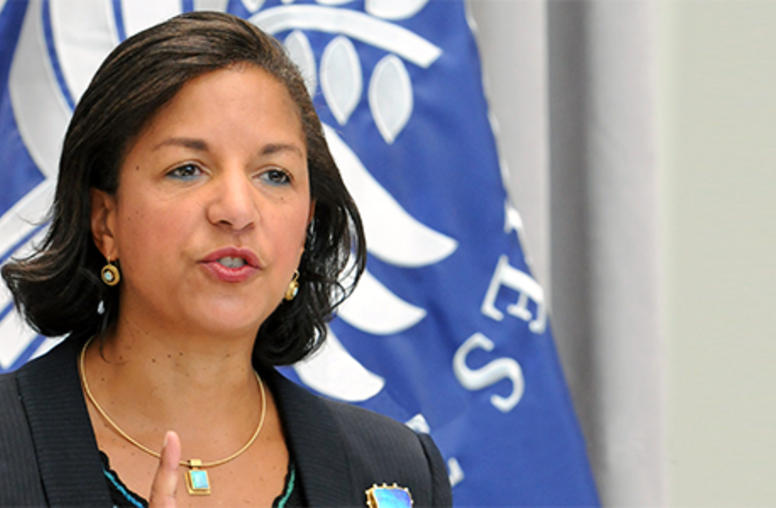
National Security Advisor Rice Vows Long-Term Ties with Africa
National Security Advisor Susan Rice drew attention to Africa's progress in the past two decades and its possibilities for economic growth, good governance and long-term stability, in a speech at the U.S. Institute of Peace on the eve of next week's U.S.-Africa Leaders Summit.
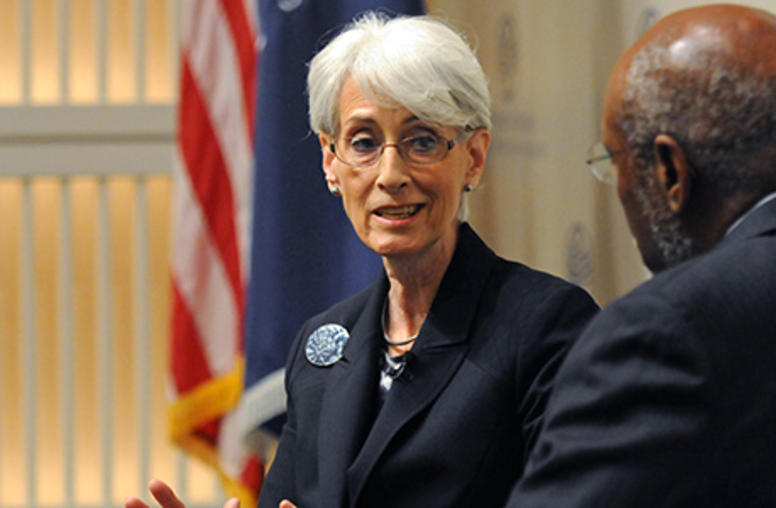
Somalia Slated for First U.S. Ambassador in Two Decades
President Barack Obama will nominate an ambassador to Somalia for the first time in more than 20 years, Undersecretary of State Wendy Sherman said at the U.S. Institute of Peace June 3, as she outlined an intensified push to improve security, governance and development in the African nation.
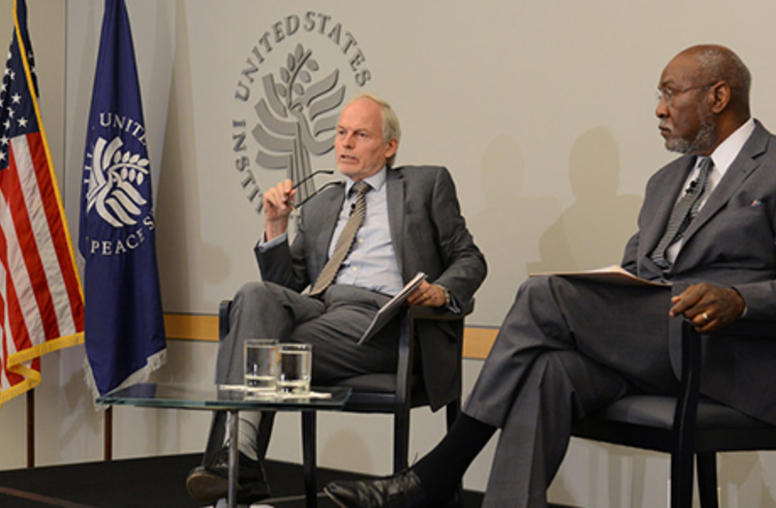
U.N. Envoy Warns Somalia Progress Is In Peril without Stalwart Support
United Nations Special Representative Nicholas Kay warned that the significant progress Somalia has made in the past two years could be in peril if the international community does not remain engaged and fails to continue humanitarian aid and support for African Union peacekeepers.
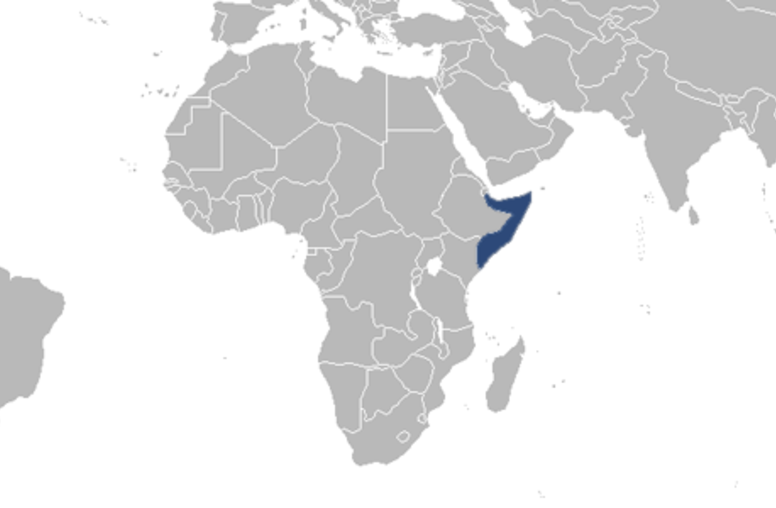
Somalia’s Federal Agenda May Get Boost with New Regional President
The third presidential election in Somalia’s semi-autonomous state of Puntland has brought about a change in leadership that might help enhance stability in the Horn of Africa. While it is too early to predict how the shift will ultimately play out in the region, the election of Abdiweli Mohamed Ali Gaas may prove a crucial catalyst for Somalia’s stalled process toward federalism.
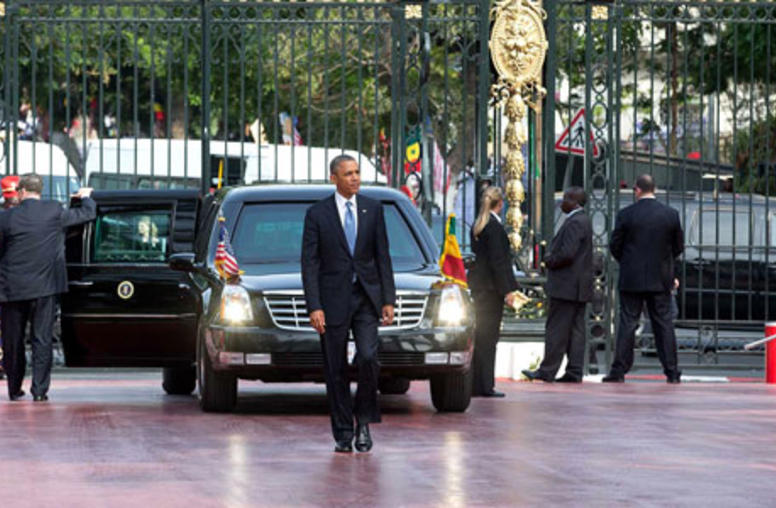
Obama’s Africa Trip Seizes on Progress to Trumpet Economic Potential
President Barack Obama’s first extended trip to Africa will seize on democratic and economic progress in the three countries on his itinerary – Senegal, South Africa and Tanzania – to inspire further advances across the continent and encourage more American companies to plunge in.